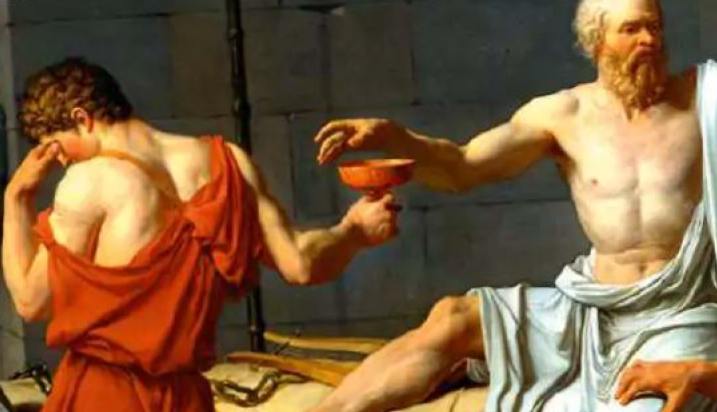We celebrate ancient Athens as the birthplace of democracy, a revolutionary system that gave power to the people. Yet, some of the city’s greatest minds were its harshest critics. Philosophers like Socrates and his student Plato condemned democracy, warning it could easily devolve into chaos and injustice. Why were they so skeptical of a system we now hold so dear?
Table of Contents
🗣️ The Dangers of the Demagogue
One of the biggest fears was the power of a talented but immoral speaker, known as a demagogue. Critics argued that the assembly (the ekklesia), made up of thousands of ordinary, untrained citizens, could be easily swayed by a charismatic orator who appealed to popular prejudice rather than reason. They warned that this could lead to disastrous decisions. A chilling example occurred in 406 BC when, after a naval victory, six of eight successful generals were executed by the assembly based on confusing information and emotional appeals.
🚢 Socrates’ Ship of State
Socrates made his point with a powerful analogy. He compared politics to a ship navigating treacherous waters. Who would you want in charge? A skilled, experienced captain, or would you let just anyone from the crew vote on the course? For Socrates, the answer was obvious. He believed that ruling was a skill, just like medicine or shipbuilding, and that only those with the proper knowledge and moral character should be in charge. Allowing everyone to rule, regardless of their expertise, was like letting passengers fly a plane—a recipe for disaster.
⚖️ Justice and the Jury
Plato had a deeply personal reason to distrust democracy. In 399 BC, his beloved teacher, Socrates, was put on trial. He was charged with corrupting the youth and disrespecting the gods. The jury was not a small, impartial panel, but 501 randomly selected Athenian citizens. Influenced by public opinion and prejudice, this massive jury sentenced Socrates to death. For Plato, this was the ultimate proof that democracy could become a form of mob rule, where wisdom and truth were sacrificed for popular opinion.
Bibliography:
BBC History Specials: Ancient World, 2025. Immediate Media Company London Limited, 2024.
- Curses: The History of the Evil Eye and Binding Magic
- Magical Plants: A Witch’s Garden of Herbs and Poisons
- Roman Magic: Curses, the Strix, and Everyday Protection
- Circe: The Greek Sorceress of Transformation and Myth
- Greek Magic: Hecate’s Power, Oracles, and Enchantresses
- Japanese Magic: Yōkai, Onmyōdō, and Supernatural Folklore
- Empress Chen Jiao: The Royal Scandal of Witchcraft in Han China
